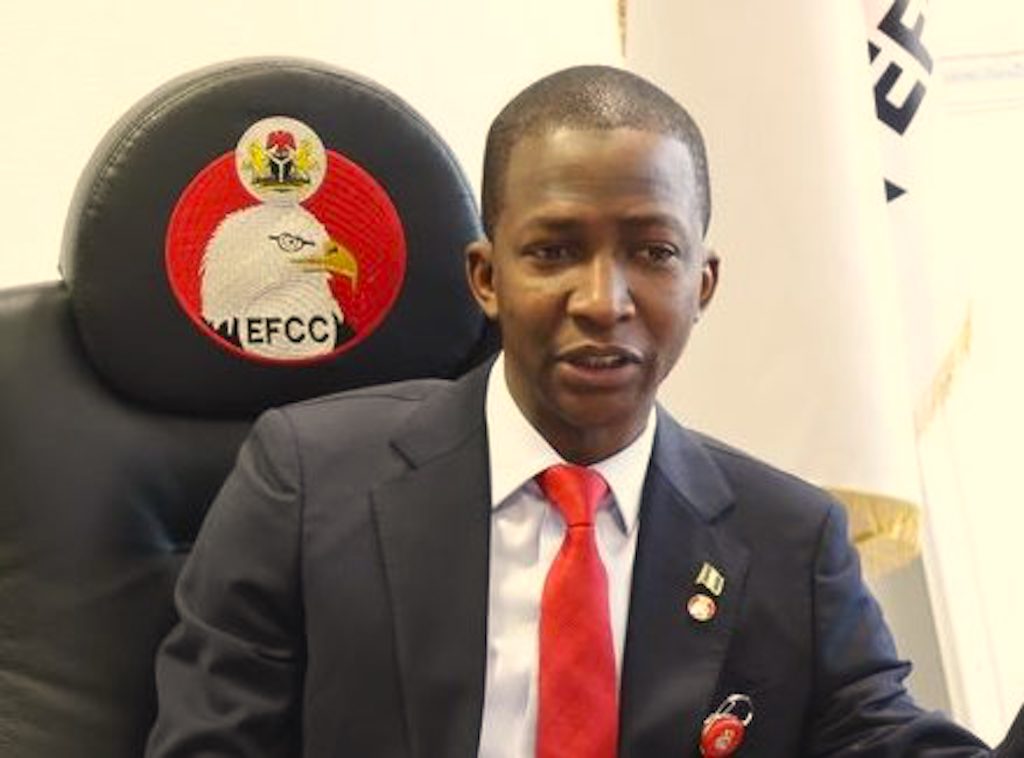Former Chairman of the Economic and Financial Crimes Commission (EFCC), Abdulrasheed Bawa, has revealed that Nigeria lost approximately $450 million to petroleum subsidy fraud under the Petroleum Support Fund (PSF) between 2006 and 2012.
In his new book, The Shadow of Loot & Losses: Uncovering Nigeria’s Petroleum Subsidy Fraud, Bawa chronicles the extensive corruption that plagued the subsidy regime.
He was a central figure in the EFCC team that investigated the fraud before becoming the agency’s chairman in February 2021. He served in that role until June 2023, when he was suspended by President Bola Tinubu.
“Our investigations revealed that, as admitted by the oil marketing companies involved, fraud related to petroleum subsidies exceeded N68 billion, which translates to over $450 million in direct fraudulent activities,” Bawa wrote. “This fraud involved 59 out of the 141 companies that participated in the PSF scheme from 2006 to 2011.”
He also disclosed that N19.6 billion in bogus subsidy claims was traced to issues with traders, which many oil marketers denied knowing about. In another case, N9.4 billion worth of attempted fraud was uncovered where marketers altered shipping documents to inflate claims. Fortunately, those falsified claims were not processed due to existing safeguards in the system.
According to Bawa, no major fraud was reported in 2006 and 2007. But by 2008, the scheme became a hotbed of corruption: “We uncovered significant fraud totalling N11.5 billion in 2008, N4.88 billion in 2009, and N10.3 billion in 2010. The year 2011 was the peak, with fraudulent claims amounting to N41.7 billion.”
He added that roughly 80% of the stolen funds have been recovered, while the rest are tied to ongoing court cases or the deaths of those involved.
Bawa decries scandal’s effects
Bawa lamented the consequences of the scandal, saying, “These direct losses in revenue, alongside many additional undisclosed amounts and indirect revenue losses, could have been used to finance essential public services, infrastructural development, and social welfare initiatives.” Instead, he said, Nigeria’s fiscal deficit widened, and sectors like education and healthcare suffered from budget cuts.
His book also examines how deeply the subsidy payments have drained national resources. “Over the last 25 years of democratic governance, Nigeria has expended a staggering N16.5 trillion on subsidies,” Bawa wrote, adding that a “substantial portion of the expenditure” was lost to fraudulent claims and theft from public coffers.



